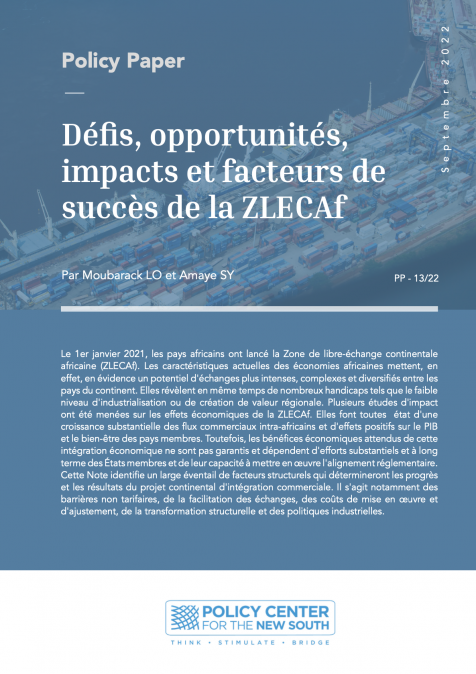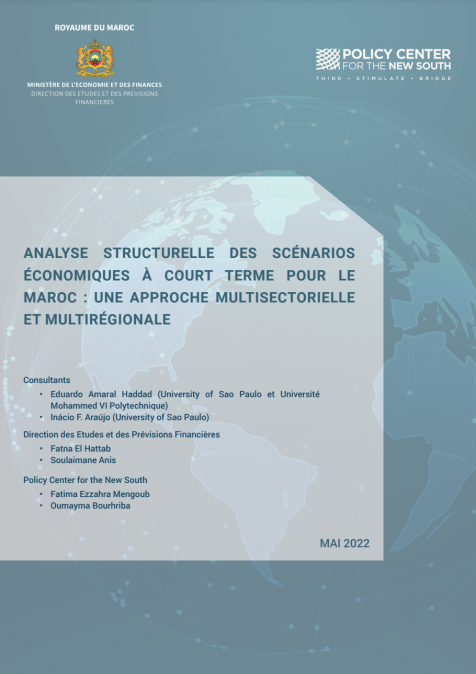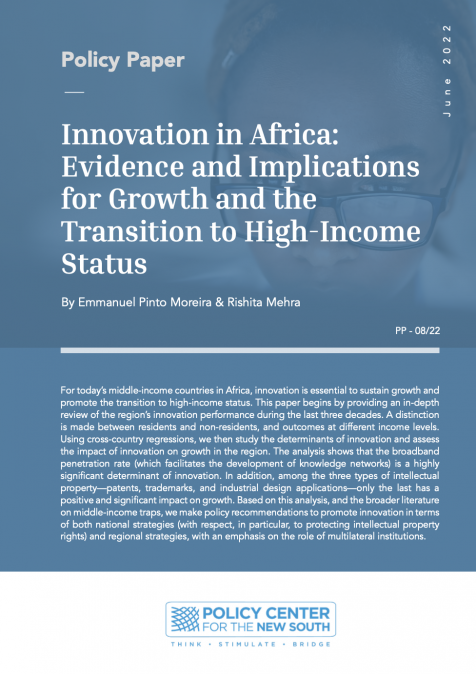Publications /
Opinion
This blog post summarizes the key findings of the new book Energy in Africa: Challenges and Opportunities, co-authored by Manfred Hafner, Simone Tagliapietra and Lucia de Strasser of the Italian think-tank, Fondazione Eni Enrico Mattei. The book, published by Springer, is freely available online.
The book presents a picture of the current energy challenges on the African continent- the Sub-Saharan region in particular- and proposes pathways to an accelerated energy transition. Beginning with an analysis of the status-quo and the outlook for Africa’s energy demand and energy access, it provides an account of the available resources, including hydrocarbons and renewable energy resources, which play an increasingly crucial role on the African continent nowadays. It then moves on to analyze the level of investment required to scale-up Africa’s energy systems, shedding light on the key barriers and elaborating on potential solutions. Additionally, Energy in Africa provides solutions for improving the effectiveness of EU–Africa cooperation. While mainly intended for policymakers and academics, this book also speaks to a broader audience interested in gaining an overview of the challenges and opportunities of the African energy sector today and in the future.
Chapter 1 – The Challenge of Energy Access in Africa
There are multiple dimensions to the problem of energy access in Sub-Saharan Africa, where large shares of population lack a reliable supply of electricity and affordable modern cooking fuels: such as insufficient power generation capacity, difficulties in managing energy infrastructure and attract investments in the sector, challenges in serving low-income users. Booming populations, urbanization, and ambitions of economic development will all require more and more energy. This chapter illustrates the main challenges ahead towards the sustainable development objective of achieving universal access to electricity and clean cooking in the region.
Chapter 2 - The Role of Hydrocarbons in Africa's Energy Mix
Africa is rich in hydrocarbon resources, with some countries ranking among the biggest exporters in the world. Compared to North Africa and South Africa - where this endowment translated into the creation of domestic markets - the rest of Sub-Saharan Africa investments have largely focused on the upstream industry for export. This chapter elaborates on the possible role of hydrocarbon resources in the future of SSA countries, taking into account the new reality that renewable energy is becoming more and more competitive as well as the fact that – despite increasing climate and environmental concerns that see international financing institutions increasingly reticent to support investments in fossil fuels – the sector remains strategic for many countries.
Chapter 3 – Prospects for Renewable Energy in Africa
Not long ago, renewable generation was an expensive choice to be subsidised by industrialized governments to signal an intention to shift to clean energy, however today renewable resources are becoming strategic assets for developing countries too, as the global industry grows stronger and the cost of technology falls dramatically. Their potential is particularly evident in Africa where solar, wind, hydro, geothermal, and biomass resources are abundant. While it is becoming evident that renewables have a major role to play in the electrification process of many countries in the region – including at small scale and off-grid – and several challenges remain when it comes to establishing appropriate regulations, attracting foreign investments, and even sometimes simply setting clear and attainable targets. After describing the distribution of resources, this chapter looks at the policy frameworks in place in order to point at possible ways forward.
Chapter 4 – Energy Investments for Africa's Energy Transition
The challenge of bringing modern energy to everyone in Sub-Saharan Africa is a unique challenge that requires substantial investments as well as a strong commitment to make the energy sector more effective and efficient within the single countries. This chapter suggests that both African governments and the plethora of foreign investors have the opportunity to improve the situation, taking action respectively in terms of structural reforms (of power utilities and pro-poor subsidies) and in the coordination and streamlining of financial assistance. Notably countries and institutions of the EU – together with the World Bank Group the largest investor in energy development in the region – could easily reduce the bureaucracy and redundancy of existing electrification programs to achieve greater impact. In this process, the objective of universal clean cooking and the actual investments required to achieve it (particularly in LPG and bio-energy) should not be forgotten.








